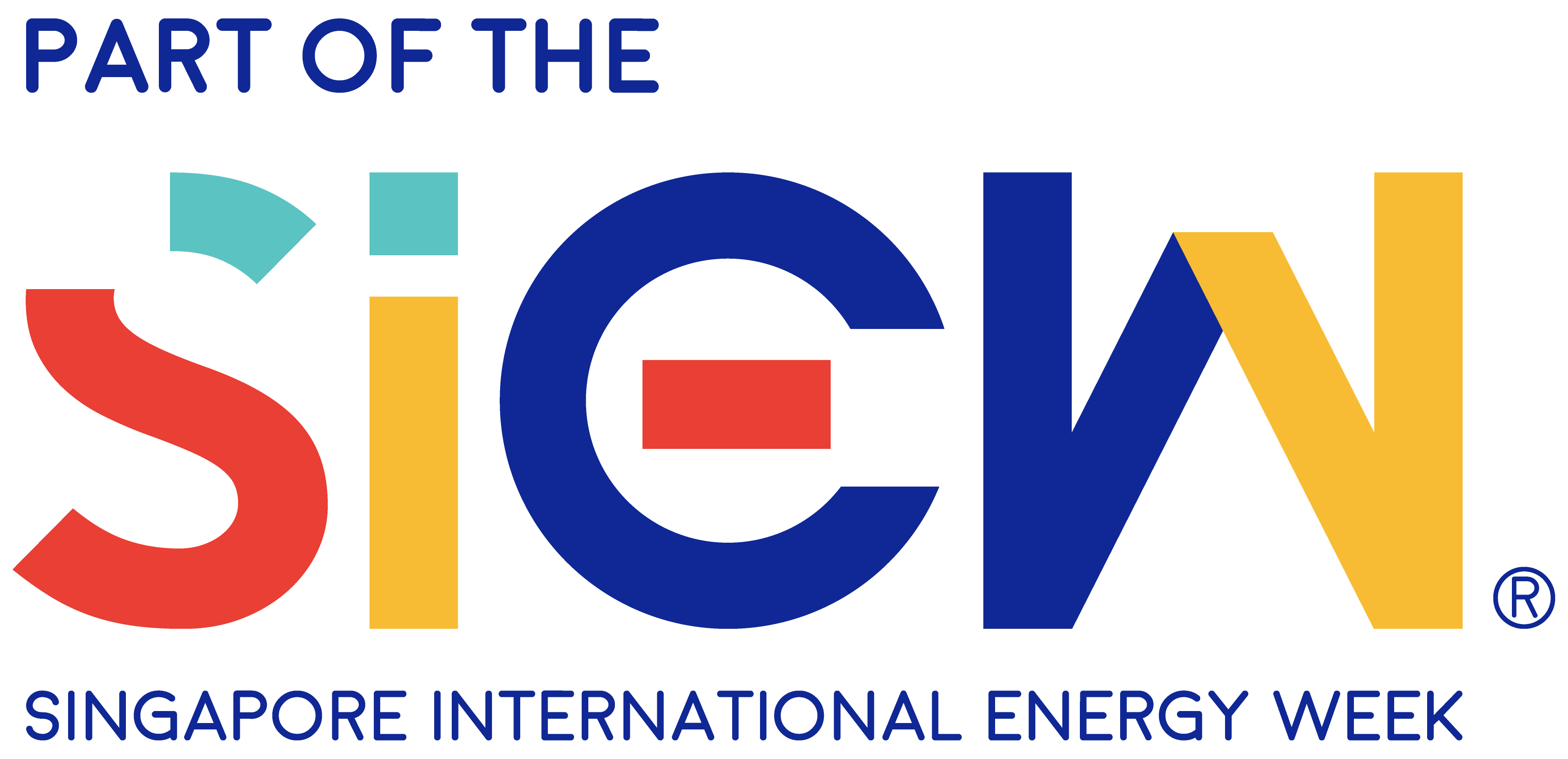
The global energy landscape is increasingly shaped by shifting geopolitical forces and market dynamics. Changes in U.S. energy policy—particularly under a potential second Trump administration—are expected to have far-reaching effects on Asia’s downstream refinery and petrochemicals sector.
In this article, Dr. Weerawat Chantanakome from Thailand’s Ministry of Energy shares insights on the potential implications and how the region can respond strategically.
The Trump Effect: Challenges and Opportunities for Asia
A continued “fossil-forward” energy policy in the U.S. could lead to a global oversupply of oil and gas, exerting powerful downward pressure on energy prices. For import-reliant Asian economies, this might translate into immediate relief through eased short-term costs and improved affordability. Yet, a reduced U.S. commitment to climate agreements could severely hinder long-term decarbonisation efforts. This dual reality underscores ASEAN’s urgent need to strengthen its own diversified and resilient energy strategies.
Regulatory Shifts and Market Dynamics
Less stringent rules could undoubtedly boost U.S. exports, but it also carves an avenue for Asian producers. Those in Asia, especially in ASEAN, India, and China, can seize this chance to differentiate themselves by adopting cleaner production standards, effectively positioning their petrochemical products as environmentally preferred in markets with stricter ESG criteria.
Moreover, a potential U.S. reduction in international climate finance might subtly encourage Asian producers to seek investment from alternative sources. This includes discerning partners like Europe, Japan, and multilateral banks prioritising sustainable operations in emerging markets.
Conversely, the U.S. administration’s energy policy could pose significant challenges. These include the re-imposition or expansion of tariffs on strategic imports, potentially increasing production costs and disrupting supply chains for Asian downstream operators.
A looming concern is also the risk of regulatory fragmentation. Should a lack of U.S. leadership on global climate policy slow international coordination on carbon markets or delay progress on standardising sustainable fuel certification, it creates a particularly thorny challenge for export-oriented producers. Finally, increased low-cost U.S. petrochemical exports could intensify competition and pressure profit margins in Asia.
Regional Resilience and Strategic Responses
Regional cooperation is not just beneficial; it is also critical in mitigating these potential impacts.
Governments must prioritise enhancing energy resilience and supply chain integration within Asia. This means offering robust incentives for cleaner technologies, essential refinery upgrades, and innovative circular petrochemical models—all vital steps to sharpen the region’s competitive edge.
Meanwhile, industry stakeholders, should diversify trading partners, hedge against raw material price volatility, and invest in digitalisation and process optimisation. Establishing strategic reserves and joint procurement platforms could also safeguard against price and supply risks from external policy shifts.
Strengthening regional policy frameworks proves equally vital. A key strategy involves leveraging existing ASEAN mechanisms such as the ASEAN Petroleum Security Agreement (APSA), the ASEAN Plan of Action for Energy Cooperation (APAEC), and newer frameworks like the Asia Zero Emission Community (AZEC). These platforms can streamline harmonised standards, join infrastructure projects, and pool financing for cleaner downstream operations. Dr. Chantanakome also proposes an ASEAN-wide certification scheme for low-carbon fuels and petrochemicals, alongside coordinated R&D programs, to enhance long-term resilience and competitiveness.
Thailand, uniquely positioned, can serve as a regional convener and innovation hub. It leverages its experience with energy transition policies, notably the National Energy Plan (NEP) and PDP2024, to guide dialogue and set examples in refining modernisation, clean fuel adoption, and carbon pricing. Additionally, Thailand can actively promote trilateral and multilateral collaboration, including cross-border infrastructure investments, technology sharing, and sustainable petrochemical practices aligned with the BCG (Bio-Circular-Green) Economy Model.
Future-Proofing the Industry
Looking ahead, key policy priorities for Asian nations include accelerating regulatory reform to attract green investment for refinery upgrades, hydrogen-ready infrastructure, and carbon capture. Robust carbon pricing mechanisms and sustainability-linked financing tools are paramount for future-proofing the industry.
Additionally, skills development and labour upskilling for downstream decarbonisation are essential. Finally, stronger integration of downstream policies with national and regional climate targets is necessary to avoid lock-in effects and ensure progress toward net-zero pathways by mid-century.
A Defining Moment for Asia’s Energy Future
The region stands at a critical juncture, where balancing immediate energy affordability with ambitious long-term decarbonisation goals is paramount. Navigating the intricate currents of global geopolitics and market shifts demands nothing less than strategic foresight, robust regional collaboration, and an unwavering commitment to adaptability.
Asia’s ability to future-proof its energy landscape – ensuring both resilience and sustainability – hinges on decisive policymaking, innovative investments, and a united front. The path forward demands nothing short of bold action to transform challenges into a competitive advantage, securing a prosperous and sustainable energy future for generations to come.

Dr. Weerawat Chantanakome
Honorary Counsellor, Ministry of Energy Thailand
Dr. Weerawat has more than 25 years of experience in energy security and sustainability across ASEAN, APEC, East Asia, South Asia, and the EU. He has worked closely with leading international organisations and dialogue partners such as the UN, IEA, IRENA, World Bank, ADB, ERIA, ACE, and GIZ. He currently serves as an Honorary Counsellor for the Ministry of Energy of Thailand and is seconded as Senior Policy Counsel at the Economic Research Institute for ASEAN and East Asia (ERIA) in Jakarta.
Previously, Dr. Weerawat was the Executive Director of the ASEAN Centre for Energy (ACE) in Jakarta, serving all 10 ASEAN Member States. He also held leadership roles as CEO of the Brunei National Energy Research Institute (BNERI) and as Senior Team Leader at the Asia-Pacific Energy Research Centre (APERC) in Tokyo, working with 21 APEC economies. Dr. Weerawat holds two master’s degrees from Ohio University and the University of Paris, and a Ph.D. in Energy Policy and Planning from the University of Waterloo, Canada.





